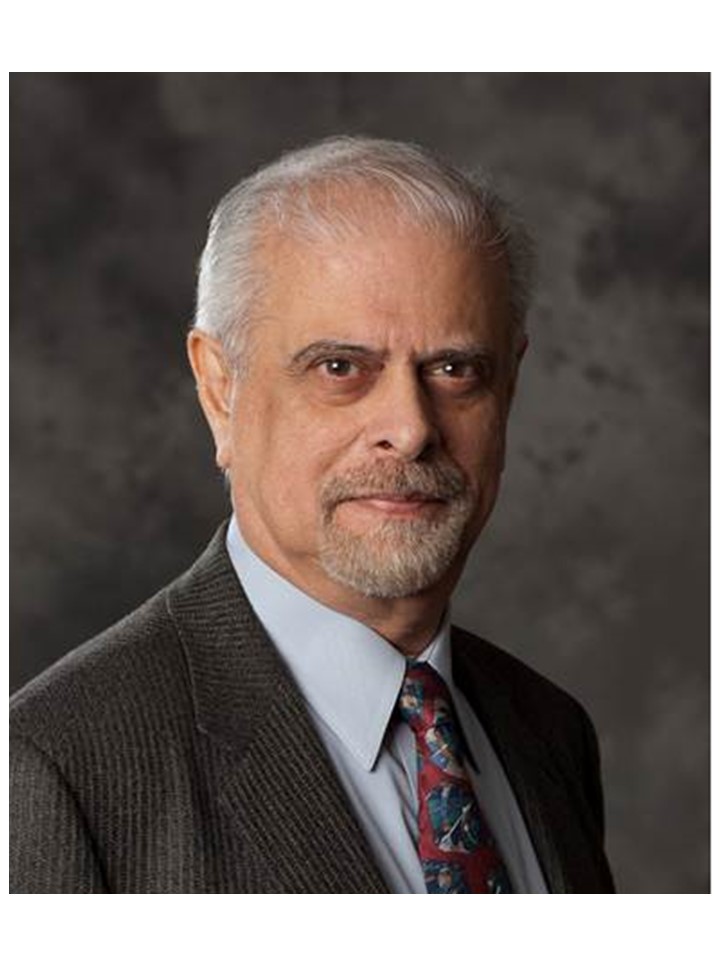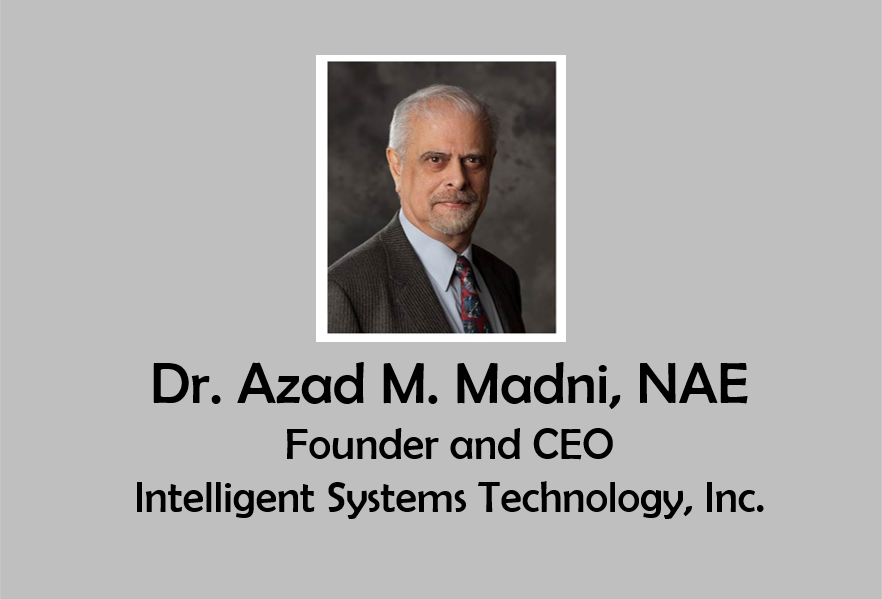
Dr. Azad M. Madni, Founder and CEO of Intelligent Systems Technology, Inc.
Dr. Azad Madni is the founder and CEO of Intelligent Systems Technology, Inc., a company specializing in conducting research in Augmented Intelligence and Digital Twinning and their role in Systems Engineering, Advanced Manufacturing and Healthcare, performing commissioned studies for aerospace and automotive companies (e.g., safety and resilience of autonomous systems), educating corporate executives and engineering leaders and managers in the latest technological advances and their implications for systems engineering and enterprise competitiveness. He holds the title of University Professor at the University of Southern California. This prestigious honor is bestowed on faculty who have made significant contributions in multiple disciplines and whose work has broad interdisciplinary impact. He pioneered transdisciplinary systems engineering (TSE), formalizing it in his award-winning book, Transdisciplinary Systems Engineering: Exploiting Convergence in a Hyperconnected World (2018), and operationalizing it within TRASEE™, a transdisciplinary engineering education framework, that enables the incorporation and exploitation of relevant core concepts from other disciplines into systems engineering courses, thereby breaking down course silos. He is the co-author of Tradeoff Decisions in Systems Design (Springer, 2018), and Deep Learning Networks: Design, Development, and Deployment (Springer, 2023). In 2023, the National Academy of Engineering (NAE) honored him with its prestigious Bernard M. Gordon Prize for Innovation in Engineering and Technology Education. In the same year, the IEEE honored him with its prestigious Simon Ramo Medal for exceptional achievements in systems engineering and systems science. A member of the NAE, he is an Honorary Fellow of AIAA, Life Fellow of INCOSE, Life Fellow of IEEE, Honorary Member of ASME, Fellow of AAAS, Fellow of ACM, Fellow of IISE, Fellow of AIMBE, Fellow of SME, and several others. He is the Chief Systems Engineering Advisor to The Aerospace Corporation. He received his Ph.D., M.S., and B.S. degrees in Engineering from UCLA. He is a graduate of AEA/Stanford Executive Institute program for senior technology executives.

